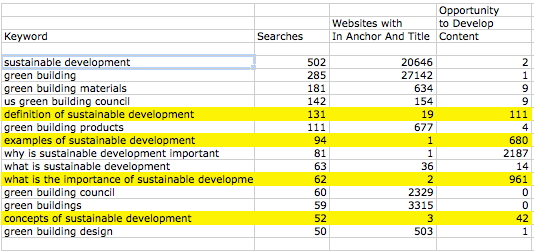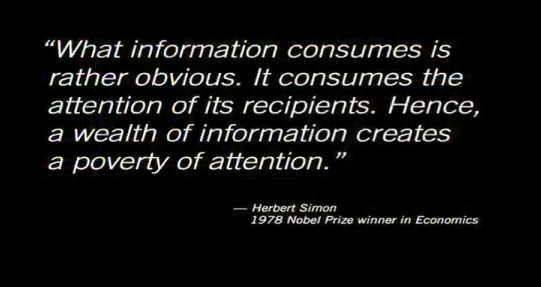“Ideally, however, no institutions in modern society are better situated and none more obliged to facilitate the transition to a sustainable future than colleges and universities…”
This quote is from David Orr’s book, The Nature of Design: Ecology, Culture, and Human Intention. He is the Paul Sears Distinguished Professor of Environmental Studies and Politics at Oberlin College and is also a James Marsh Professor at large at the University of Vermont. What caught my attention in this book was Dr. Orr’s question that followed the above statement :
“What would it mean for educational institutions to meet this challenge?”
Sustainability advocates working throughout the system might find his observations in terms of higher education applicable to other institutions. Here is his summary of the needs and risks with a few of my off-side comments in parenthesis.
– Dialogue
For one thing it would mean fostering in every possible way a broad and ongoing dialogue about concentrated economic power and the changes that will be necessary to build a sustainable economy.
(Nearly everyone I talk with cites “silos” as a major barrier to dialogue, collaboration, and the cross fertilization of ideas. In Universities they are called departments. Non-profits can be special interest silos. In business silos are formed around functions e.g. marketing or business units or even geographies.
Risk
I know of no safe way to conduct that conversation that would not threaten the comfortable or risk losing some of the institution’s financial support, a sensitive topic when the average cost of college education is becoming prohibitively expensive.
(This should sound familiar to folks in non-profits, organizations relying on advertisers, politicians, political parties…)
– Systemic Thinking
Furthermore, colleges and universities ought to equip students, by every means possible, to think systematically, rationally, and, yes, emotionally about long term technological choices and how such decisions should be made.
(Here “students” can be expanded to include customers, employees, shareholders, partners.)
Risk
That discussion, too, would raise contentious issues having to do with the meaning of progress and economic growth. And it would implicitly challenge the unbrideled freedom of inquiry, if the extreme exercise of that freedom undermines biological order, democratic institutions, and social sustainability that give rise to it in the first place. Issues of “who gains and who loses” from unrestricted inquiry will press heavily on the university and cannot be dodged much longer.
(I haven’t heard any one discuss the unbrideled freedom of inquiry and extreme exercise of that freedom which undermines biological order, but my guess is that GMO and the patenting of seeds might fall into this category.)
Greed
Finally the cynical view, pawned off as “objective” social science, that humans are only self-maximizers must be revealed for what it is: half-truth in service to the economy of greed. Increasingly the young know that their inheritance is being spent carelessly and sometimes fraudulently…
(Think economics and the free market then read Raj Patel’s book, The Value of Nothing and give a listen to Raj on EarthSayers.tv, the voices of sustainability.
-Communication
What they may not know is where we, their teachers, mentors, and role models stand or what we stand for.
(This is where we have focused our efforts by creating EarthSayers.tv, the voices of sustainability: the unfiltered voices. It’s time for leaders to step up to the plate and give voice to their views.)


